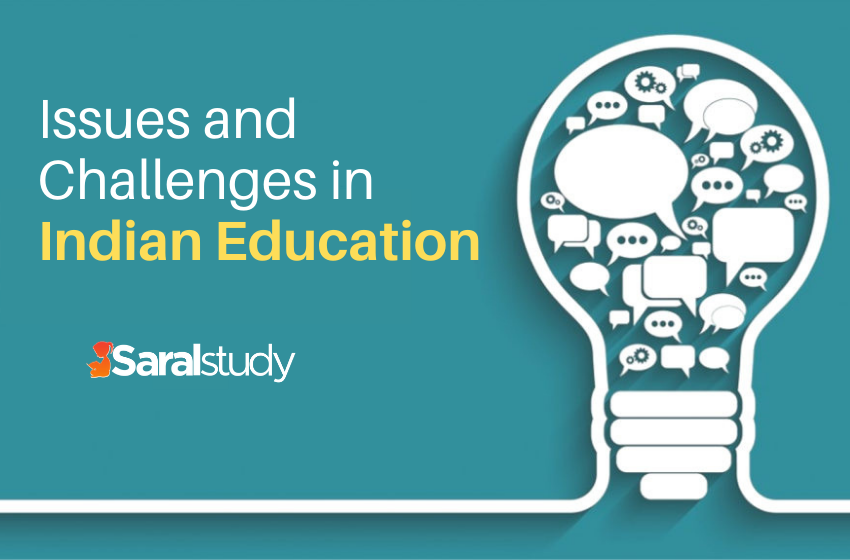Contemporary Issues in Educational Management
Contemporary issues in educational management are defined by the complexities of social changes affecting schools. These include the decline of schools as societal arrangements that provide regulatory settings for youth, and the emergence of dysfunctional families and subcultures with norms that devalue learning.
Managers and teachers must respond to both planned change and unplanned disruption created by changes in both social structures and cultures as well as in digital technologies. This is where the role of leadership becomes crucial.
1. Internal Management
An educational system needs to be managed and maintained. As a result, it requires a team of managers who are responsible for organizing and overseeing all aspects of a school or university’s education. These managers are required to establish a clear line of authority that specifies the duties and responsibilities of each department, as well as how they relate to one another. This ensures that all departments are working in synchrony, and that operations are running smoothly throughout the organization.
The goal of educational management is to create an environment that is conducive to learning. This can be accomplished by establishing open communication channels, providing opportunities for teacher and student input, and encouraging a sense of shared responsibility. This approach also promotes a culture of collaboration, which can help to improve student outcomes and overall performance.
One of the major challenges facing educational administrators is finding ways to provide students with a high-quality education while remaining within financial constraints. This can be difficult because it often involves implementing innovative programs and making difficult decisions about how to allocate limited resources. Additionally, it is important for educational administrators to be able to find and retain highly skilled teachers. This is challenging because of the shortage of educators and the high turnover rate among current teachers. However, it is possible to overcome these challenges by using effective strategies for recruitment and retention.
2. External Management
The challenges that schools face are often linked to and compounded by things going on outside. Without the connections, support, and expertise that come from cultivating external relationships and supporting networks, schools may find it difficult to develop the goals, staff, and productive work environment they need to be successful.
However, relying too heavily on external management can be problematic. There is a risk that a school becomes too dependent on these external managers, thereby reducing its internal flexibility and capacity to manage itself. Additionally, there is a risk that these external managers do not have the necessary expertise or capacity to oversee and manage the school in a way that is consistent with its educational mission and goals.
Having good organizational and human resource management also allows for greater control over the resources within a school, which can help to reduce operational costs and ensure that all aspects of a school are well-functioning. In addition, it can assist in ensuring that each resource is properly allocated, thus avoiding waste and duplication of efforts.
In terms of the issues that need to be addressed regarding the governance of schools, some of the most important questions are related to policy and operational decisions at central, regional, and school levels. These include determining appropriate indicators of student performance, teacher-evaluation practices, and conditions of employment for teachers.
3. Authoritarian/Autocratic Management
Authoritarian leadership styles are often used in industries and organizations where decisions must be made quickly and with little room for error, such as construction, manufacturing, and the military. They can also be useful in situations where leaders have expert knowledge and the ability to resolve complex problems in high-stress scenarios. However, such leaders typically fail to take into consideration the effects of their choices on their teams. This may cause them to rely too heavily on fear-based motivation, which is usually not productive in the long run.
As a result, those under an authoritarian leader can become disengaged or even rebel against their authority. They may feel that they are being treated unfairly and that their opinions are not being valued. Those in the upper ranks may even call out those who disagree with them in public, creating an unpleasant work environment that deters employees from speaking up.
Authoritarian managers also tend to stress the supremacy of high performance and impose strict discipline on their subordinates. This can make employees afraid to speak up, which reduces the level of team effectiveness and productivity (Guo et al. 2018). In addition, the lack of emotional expressions from these leaders makes their followers doubt their trust in their supervisors and negatively affects relational identity and organizational identification (Schaubroeck et al. 2017; Shen et al. 2019).
4. Decentralization
Decentralization is an alternative to hierarchical control that encourages self-organization and nimbleness by dispersing decisions and resources. It is akin to the way ant colonies, slime molds, and flocks of birds operate where order emerges from interactions that are scattered over an entire system. Decentralized systems are also able to self-repair at points of local failure.
Education decentralization is usually a result of political concerns such as democratization and accountability. It is also a means to reduce regional imbalances in spending and educational outcomes. While it can provide new opportunities, these opportunities need to be carefully weighed against the risk of increased inequality in education and other social services. In addition, the decentralization of educational policy making can be difficult to implement due to resistance by educators and powerful labor unions.
One key aspect of educational decentralization is empowering teachers and community members to make decisions that directly affect the schools they work in. However, while school autonomy has been shown to improve student learning and attendance, it is still unclear whether this translates into better achievement levels on international tests. Furthermore, while community contributions are important, the government has to consider the capacity of parents to contribute so that good schools do not become even more affluent while already disadvantaged schools suffer further declines in quality.







